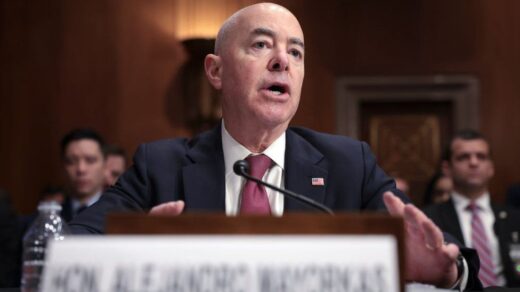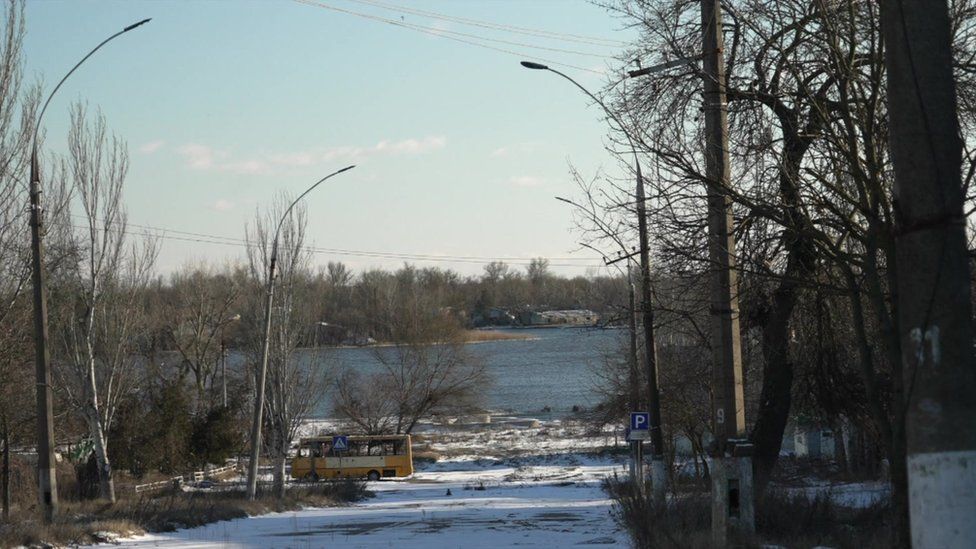The US Supreme Court seemed doubtful about Colorado’s decision to exclude Donald Trump from the state’s presidential primary during a rigorous questioning session on Thursday. Colorado’s highest court removed the former president from the ballot in December, citing the 14th Amendment. During the hearing, justices questioned the defending attorney about the constitutionality of this move, its real-world implications, and the definition of “insurrection”.
Trump, who was not present at the hearing, is still the leading contender for the Republican presidential nomination. The legal dispute revolves around a Civil War-era constitutional amendment that prohibits anyone who has “engaged in insurrection or rebellion” from holding federal office.
In December, the Colorado Supreme Court ruled that Trump’s actions during the 2021 Capitol riot constituted insurrection. This claim was reiterated by the state’s attorney on Thursday. Most of the rigorous questioning was directed at Jonathan Murray, the lawyer representing the five Colorado residents who initially sued to remove Trump from the ballot.
Conservative Justice Brett Kavanaugh, one of three court members nominated by Trump, questioned Murray about the potential “disenfranchising effect” of removing Trump from the ballot. Murray responded by stating that Trump had attempted to disenfranchise 80 million Americans who voted against him during the violence on 6 January 2021.
Trump’s legal team refuted this claim, arguing that the event was “a riot, not an insurrection”. Both conservative and liberal justices seemed hesitant to uphold Colorado’s ban. Chief Justice John Roberts expressed concern that upholding Colorado’s ruling could disrupt the US political system by allowing states to unilaterally remove candidates from the ballot.
Justice Elena Kagan also seemed to agree, questioning why a single state should determine who can run for president. She suggested that enforcing the 14th amendment should be a federal, national matter.
However, Trump’s team also faced tough questions from the justices regarding their assertion that the 14th Amendment does not apply to the presidency. Despite this, it seems unlikely that the court will uphold Colorado’s initial ruling. The court has not announced when it will make its decision, but it is expected soon, as it is under pressure to rule before Colorado’s primary on 5 March.









